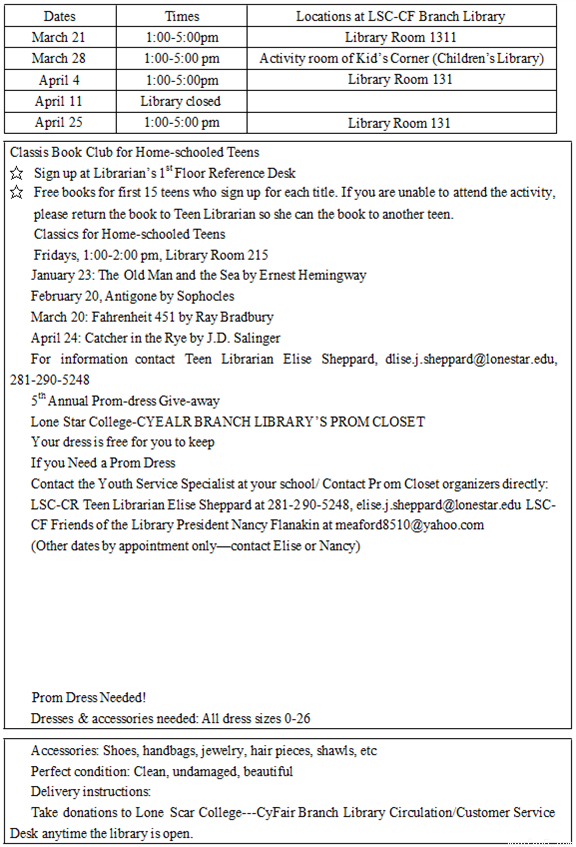题目内容
FLORENCE, Italy—Svetlana Cojochru feels hurt. The Moldovan has lived here seven years as a caregiver to Italian kids and the elderly, but in order to stay she’s had to prove her language skills by taking a test which requires her to write a postcard to an imaginary friend and answer a fictional job ad.
Italy is the latest Western European country trying to control a growing immigrant(移民) population by demanding language skills in exchange for work permits, or in some cases, citizenship.
Some immigrant advocates worry that as hard financial times make it more difficult for natives to keep jobs, such measures will become more a vehicle for intolerance than integration(融合). Others say it’s only natural that newcomers learn the language of their host nation, seeing it as a condition to ensure they can contribute to society.
Other European countries laid down a similar requirement for immigrants, and some terms are even tougher. The governments argue that this will help foreigners better join the society and promote understanding across cultures.
Italy, which has a much weaker tradition of immigration, has witnessed a sharp increase in immigration in recent years. In 1990, immigrants numbered some 1.14 million out of Italy’s then 56.7 million people, or about 2 percent. At the start of this year, foreigners living in Italy amounted to 4.56 million of a total population of 60.6 million, or 7.5 percent, with immigrants’ children accounting for an even larger percentage of births in Italy.
Cojochru, the Moldovan caregiver, hoped obtaining permanent residence(居住权) would help her bring her two children to Italy; they live with her sister in Moldova, where salaries are among the lowest in Europe. She was skeptical that the language requirement would encourage integration.
Italians always “see me as a foreigner,” an outsider, even though she’s stayed in the country for years and can speak the local language fluently, she said.
1.Why does Cojochru have to take a language test?
A. To continue to stay in Italy. B. To teach her children Italian.
C. To find a better job in Italy. D. To better mix with the Italians.
2.Some people worry that the new language requirement may ________.
A. reduce Italy’s population quickly B. cause conflicts among people
C. lead to financial difficulties D. put pressure on schools
3.What do we know about Cojochru?
A. She lives with her sister now in Italy.
B. She enjoys learning the Italian language.
C. She speaks Italian well enough for her job.
D. She wishes to go back to her home country.
 新题型全程检测期末冲刺100分系列答案
新题型全程检测期末冲刺100分系列答案

